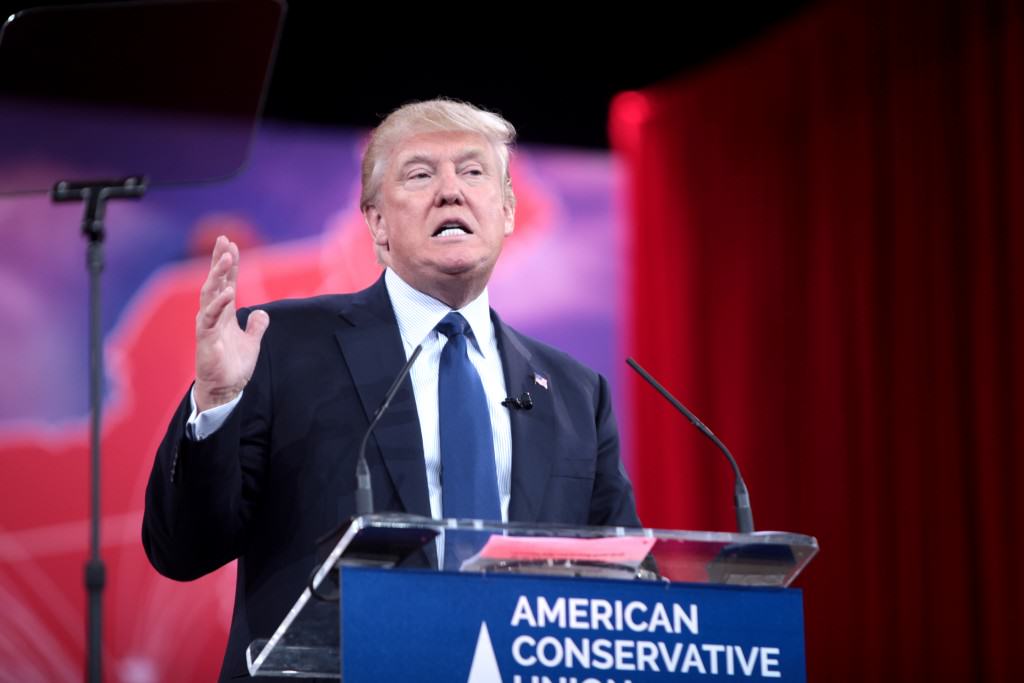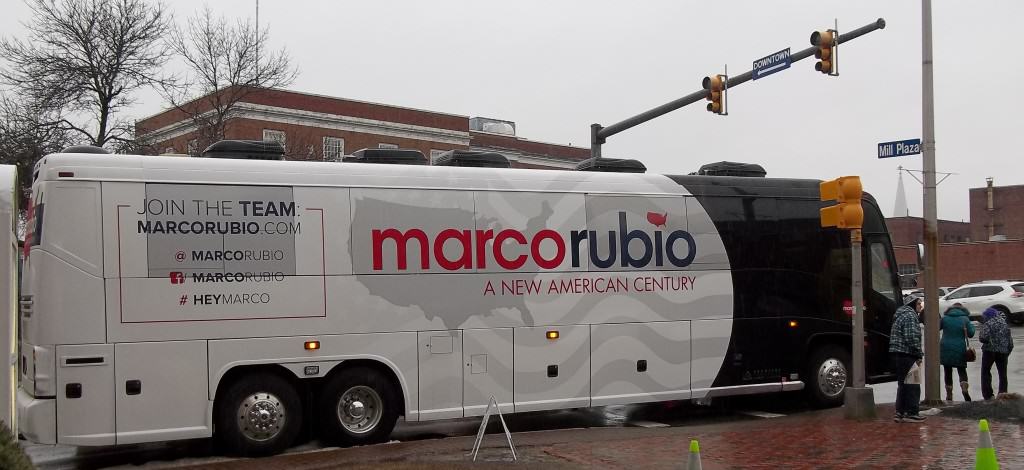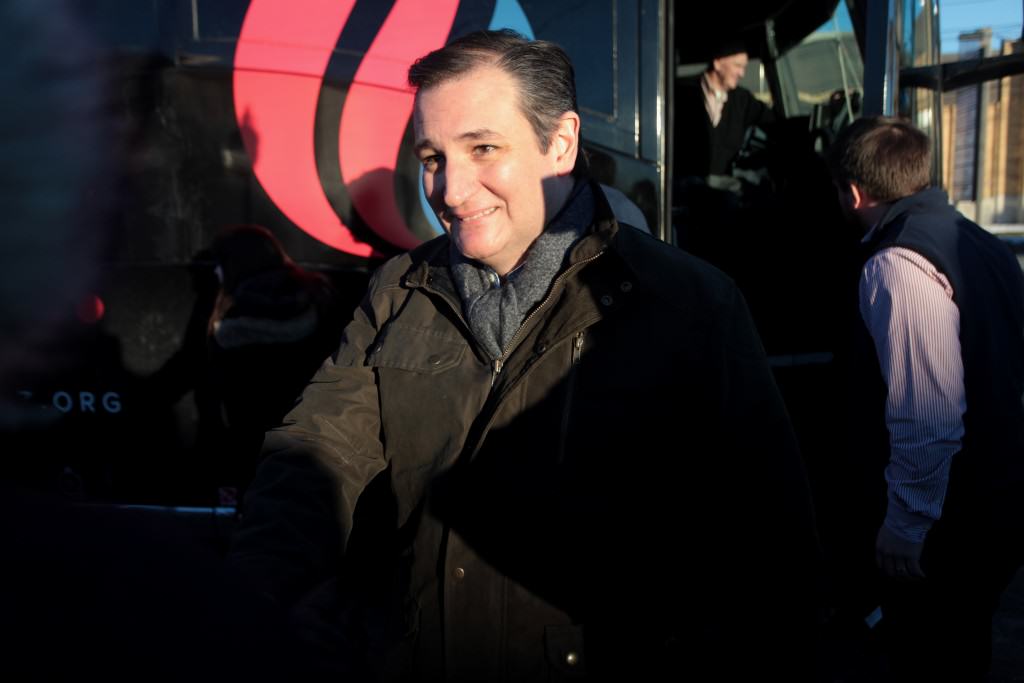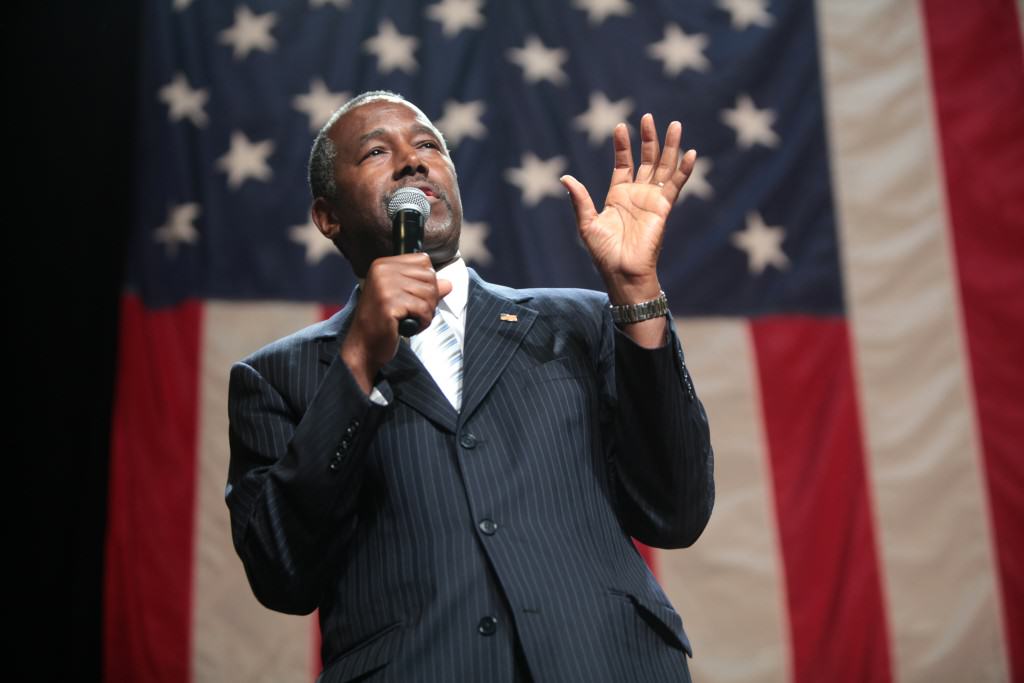Republican Super Tuesday Guide
American Politics February 27, 2016 admin 0
Republican Super Tuesday Guide. Super tuesday is coming up. See what shape each of the remaining candidates for the nominations at the republicans are in before what might be an decisive date of voting across America. The participating states in SEC Tuesday include Alabama, Arkansas, Colorado, Georgia, Massachusetts, Minnesota (caucuses), Oklahoma, Tennessee, Texas, Vermont, and Virginia with Republican caucuses being held in Alaska and Wyoming.
See the guide to Democratic Super Tuesday 2016 right here.
Republican Super Tuesday Preview
The republican candidates enter super tuesday with caucus nights in Alaska, Wyoming and Minnesota. Primaries are held in Alabama, Colorado, Georgia, Massachusetts, Minnesota, Oklahoma, Tennessee, Texas, Vermont and Virginia.
5 candidates are left competing for the delegates across the super tuesday states. The SEC Tuesday, Super tuesday schedule and delegates in play for the republican primary race:
Alabama Primary
Open primary with 50 at stake in a winner take most system. Threshold for getting awarded any delegates is 20%
Alaska Caucus
Closed caucus with 28 at stake in a proportional system. Threshold for getting awarded any delegates is 13%
Arkansas Primary
Open primary with 40 at stake in a winner take most system. Threshold for getting awarded any delegates is 15%
Colorado Caucus
Closed Causus with 37 at stake. No Threshold.
Georgia Primary
Semi-open primary with 76 at stake in a winner take most system. Threshold for getting awarded any delegates is 20%
Massachusetts Primary
Semi-open primary with 42 at stake in a proportional system. Threshold for getting awarded any delegates is 5%
Minnesota Caucus
Open caucus with 38 at stake in a proportional system. Threshold for getting awarded any delegates is 10%
North Dakota Caucus
Closed caucus with 28 at stake. No Threshold
Oklahoma Primary
Closed primary with 43 at stake in a winner take most system. Threshold for getting awarded any delegates is 15%
Tennessee Primary
Open primary with 58 at stake in a winner take most system. Threshold for getting awarded any delegates is 20%
Texas Primary
Open primary with 155 at stake in a winner take most system. Threshold for getting awarded any delegates is 20%
Vermont Primary
Open primary with 16 at stake in a winner take most system. Threshold for getting awarded any delegates is 20%
Virginia Primary
Open primary with 49 at stake in a proportional system. No Threshold
Wyoming Caucus
Closed caucus with 29 at stake. No Threshold
- Open or closed refers to who can vote. In an open primary or caucus anyone can turn up and register to vote. A semi-open caucus or primary has some restrictions whilst a closed primary or caucus requires previous party registration. The specific rules vary from state to state, if you are considering going to vote we advice you to visit the website of your local party to check the rules.
- Primary vs caucus refers to the way of voting. In a primary you vote the same way you would in a general election. A caucus is a nomination meeting – the exact method varies from state to state, but generally you spend a few hours standing with your preferred candidate, getting counted and he who has most people in his corner wins.
- Winner take all, winner take most and proportional. Winner take all is simple, the candidate with the most votes wins all delegates. A winner take all is either awarded for the entire state or per congressional district. Winner take most gives the vast majority of delegates to the winner but awards a few delegates to the runners up proportionally. In a propertional system the candidates are awarded approximately the % of delegates that equates their % of the vote (ie in a state with 100 delegates a candidate wins 40% of the vote – if its winner take all he gets 100 delegates, if it is winner take most he might get 80 and if its proportional he gets 40 …in simplified terms
- Threshold. Many states have a threshold for awarding delegates. If the threshold is say 20% the candidate is only awarded any delegates if he obtains at least 20% of the vote. Ie, even in a state with proportional awarding of delegates but a threshold of 20% a candidate getting 15% of the vote would still not get any delegates.
The Republican Candidates
After the departure of prolific candidates such as Jeb Bush, Carly Fiorina and Chris Christie only 5 candidates are left in the race for becoming the Republican nominee for president 2016. The current frontrunner is obviously Donald Trump with 3 victories in the bag prior to the Super Tuesday spectacle. Runners up are Marco Rubio the establishments choice and far right conservative winner of the Iowa caucus Ted Cruz from Texas. Also running we have doctor Ben Carson and moderate northerner John Kasich.
In the run-up to the primaries CNN held a big debate night for the 5 republican candidates, which was one of the more bizarre events in American political history. It basically ended up in a shouting match between Donald Trump, Marco Rubio and Ted Cruz. For the first time Donald Trump was in the firing line for his business dealings, Republican credentials and non-political correct ways. How the voters reacted to the debacle remains to be seen. A post-poll showed Donald Trump the winner of the debate among voters, whilst commentators and pundits claimed victory for an aggressive Marco Rubio. Since the debate the shouting matches have continued regarding tax returns, Trump University, alleged Marco Rubio credit card fraud and many other topics loosely related to the race and the substance.
Lets have a look at the perspective for each candidate during super tuesday.
Need to win states: Make or break states for the candidate. Losing here is potentially campaign ending.
Should win states: States the candidate should win to be on track for the nomination according to their strengths and strategies
Favored to win states: States the candidate ought to win based on opinion polling and demographics
Might win states: States the candidate might grab on a good day
Look out for: The little important bits to keep an eye out for.
Donald Trump
Donald Trump walks into super tuesday as the clear favorite more or less across the board. The billionaire is self funding his campaign. Running against all common rules of politics. And so far the voters have favored him for it.
Need to win states: Trump doesnt have specific need to win states. To Trump it is about volume. He needs to win the majority of states. Which ones he wins is less important. 10 or 11 wins will be a super night. Below 8 wins will be a fiasco spelling future trouble.
Should win states: Alabama, Arkansas, Colorado, Georgia, Massachusetts, Minnesota, Oklahoma, Tennessee, Vermont, Virginia, Alaska and Wyoming
Favored to win states: All of them except Texas
Might win states: Texas
Look out for: The number of wins. Trumps performance in Texas, if he wins he has effectively eliminated Ted Cruz from the race. If on the other hand he loses other southern states to Cruz the race is bound to tighten. If he loses to Rubio anywhere it will be declared a victory for Rubio. If Kasich does well in the north or midwest relative to Trump he might be on track to win Ohio and stay in the race.
Marco Rubio
The junior senator from Florida is the establishments clear choice for nominee. He has seen a great influx of donor and endorsements. He had a strong and aggresive debate performance. Is it enough? Well. Rubio is not favored for any wins on Super Tuesday. But he badly needs one. He needs to end the “unable to win anywhere” narrative. He needs to feed the hope in his campaign. But it is difficult to find the optimal target.
Need to win states: None specifically. But he really needs a win. Apart from that he needs to beat Ted Cruz for second more or less everywhere that isnt Texas.
Should win states: Arkansas, Colorado, Massachusetts, Minnesota, Vermont and Virginia. It sounds tough. But an establishment candidate with a path to victory should pull out wins in states like these. Or at least come very close.
Favored to win states: None
Might win states: Oklahoma
Look out for: Does he finally get his first win? How does he do compared to Ted Cruz. Does he rally the moderate Republicans behind him? Does he come close in places like Oklahoma or indeed anywhere.
Ted Cruz
The consistent conservative with the TrusTed campaign slogan Ted Cruz is in a fairly desperate situation. In pure numbers he is a clear second in the race. But his path to victory is very hard to see. His problem is Donald Trump eating into the evangelical and very conservative vote. On a level that steals the southern victories he should be bagging.
Need to win states: Texas. If he does not win Texas he is likely to withdraw from the race.
Should win states: Alabama, Georgia, Tennessee, Virginia and Alaska
Favored to win states: Texas
Might win states: Basically none, but he ought to be doing better than his polling in places like Alabama and Georgia
Look out for: Texas is make a break. Apart from that look at the evangelical vote – he needs to fight off Trump in that segment. Further, he needs to outdo Marco Rubio for second. He further needs to show strength in the south.
Ben Carson
The doctor had his hayday in the polls many months ago. He has not been in the top 3 anywhere. He is not polling in the top 3 anywhere. He has no path to victory. Carson may have his reasons for staying in the reason. The strongly religious man might be hoping for a miracle. He needs one.
Need to win states: None. He does not seem to compete to win.
Should win states: None.
Favored to win states: None.
Might win states: None.
Look out for: Carsons biggest influence on the race is what he steals from others. Does he grab evangelicals from Cruz? Does he cut into Rubios strongholds? Does he drop out?
John Kasich
Need to win states: None. Kasich is playing for an Ohio win later on.
Should win states: The northern states with more moderate Republican voters. Massachusetts, Minnesota, Vermont and Virginia should probably be wins if he was on path to the nomination.
Favored to win states: None.
Might win states: If he is to bag a win anywhere it would have to be Massachusetts.
Look out for: How does he do in moderate states. Does he get any second places. Can he pull an upset? Does he drop out?
Corona: Denmark vs Sweden
Danish Politics Mar 14, 2020
Report From Kenyan Elections
Kenyan Politics Oct 27, 2017
Elections in the UK June8
UK Politics Apr 18, 2017
Trumps China Policy
Politics / Campaigning Mar 2, 2017
Get out and explore the world of politics, the cultures and the people. At Electomatic we recommend DoloTrip Travel Blog for exciting holiday inspiration and general travel news.






No comments so far.
Be first to leave comment below.